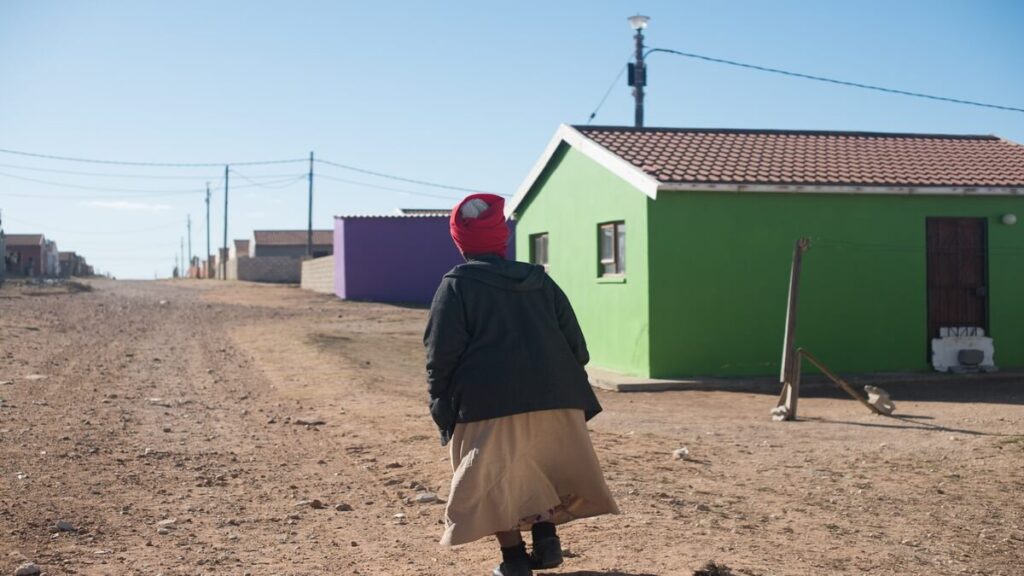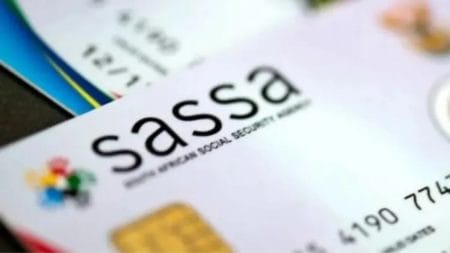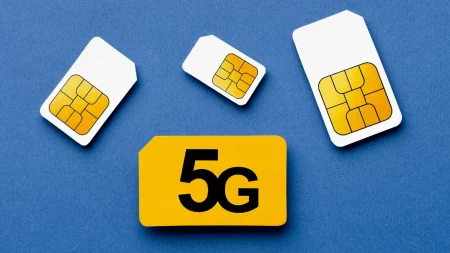Access to essential services such as water, electricity, and sanitation is a basic human right. Recognizing this, the South African government provides free basic municipal services to indigent households—those that meet certain criteria of poverty. These services ensure that even the most vulnerable members of society have access to the essentials needed for a dignified life.
This article will guide SASSA beneficiaries through the process of accessing these free basic services and understanding the criteria and procedures involved.
What Are Free Basic Municipal Services?
Free basic municipal services are provided by local municipalities to support poor households. These services typically include:
- Free basic water: A minimum amount of water provided to households free of charge.
- Free basic electricity: A limited amount of electricity provided monthly at no cost.
- Free basic sewerage and sanitation: Subsidies for sanitation services and waste management.
These services are designed to cover the essential needs of households that are classified as indigent, ensuring that even those with limited financial resources can maintain basic living standards.
Who Qualifies for Free Basic Municipal Services?
Not every household is eligible for these services. To qualify, a household must meet the criteria set by the municipality, which usually includes:
- Income level: Households must fall below a certain income threshold.
- Means testing: Municipalities conduct a means test to assess whether the household’s income and living conditions qualify them as indigent.
- Property value: In some cases, the value of the property you live in might be considered. Households in homes valued below a certain amount may qualify.
Municipalities have the authority to define their own criteria for indigent status, which means the exact requirements can vary depending on where you live. In some areas, households might receive a 100% subsidy on these services, while in others, the subsidy may be less.
Understanding Free Basic Services
1. Free Basic Water
Every household classified as indigent is entitled to a basic amount of free water each month. Typically, this is set at 6 kiloliters (6,000 liters) per month. This amount is generally enough to meet the basic needs of a household, including drinking, cooking, and hygiene.
However, if your household uses more than the allotted free water, you will need to pay for the extra usage. The specific amount of free water and the costs for additional usage can vary by municipality, so it’s essential to check with your local office.
2. Free Basic Electricity
Indigent households are also provided with 50 kilowatt-hours (kWh) of electricity per month at no cost. This amount is enough to cover basic needs such as:
- Lighting
- Boiling water using a kettle
- Ironing clothes
- Operating a small black-and-white television
- Listening to a radio
If your household uses more than the 50 kWh, you will need to pay for the additional electricity. This can be managed easily if you use a pre-paid electricity meter, as these meters allow you to see exactly when you’ve used up your free allocation. If you use a conventional meter, you won’t be able to monitor usage as easily, and any additional usage will be billed at the end of the month.
For those without access to grid electricity, municipalities might provide alternative energy sources, such as solar power. You should contact your municipality to find out what options are available in your area.
3. Free Basic Sewerage and Sanitation
Municipalities also provide subsidies for sanitation services, which include sewerage and solid waste management. These services may be subsidized up to R50 per month or may be fully subsidized depending on the household’s indigent status. This ensures that even the poorest households have access to basic sanitation, which is crucial for public health and dignity.
How to Apply for Free Basic Services
To access these services, you will need to apply for indigent status with your local municipality. Here’s a step-by-step guide on how to go about it:
1. Contact Your Municipality
The first step is to get in touch with your local municipal office. You can visit the office in person, call them, or check their website for information on the indigent policy and application process.
2. Complete the Application Form
Once you’ve made contact, you will need to fill out an application form. This form will ask for details about your household, including income, employment status, and the number of dependents.
3. Submit Required Documents
Along with the application form, you will need to submit various supporting documents. These typically include:
- Proof of income (such as SASSA payment card)
- Proof of residence (a utility bill or lease agreement)
- Identity documents for all household members
4. Undergo a Means Test
The municipality will review your application and may conduct a means test to verify your household’s financial status. This test helps determine whether you qualify for indigent status.
5. Wait for Approval
After the application and means test, the municipality will notify you if your application has been approved. If approved, you will begin receiving the free basic services, usually starting from the next billing cycle.
6. Re-Apply or Renew Annually
Most municipalities require households to re-apply or renew their indigent status annually. This ensures that only those who are still eligible continue to receive the benefits.
What If You Don’t Qualify?
If your household does not qualify for indigent status but you are still struggling to afford basic services, there may be other forms of assistance available. These could include:
- Tariff rebates: Some municipalities offer reduced tariffs for low-income households that do not qualify as indigent.
- Debt relief programs: Municipalities may offer programs to help households manage or write off municipal service debt.
It’s worth discussing your situation with your local municipal office to explore all available options.
Why Access to Free Basic Services Matters
Access to basic services like water, electricity, and sanitation is crucial for maintaining a decent standard of living. For households living below the poverty line, the costs of these services can be a significant burden. By offering free basic services, the government aims to alleviate some of this financial pressure, allowing families to use their limited resources on other essentials such as food, healthcare, and education.
These services also play a crucial role in promoting public health, particularly access to clean water and proper sanitation. Without these, communities are at higher risk of waterborne diseases and other health problems.
Moreover, by providing free electricity, the government helps households to maintain a safe and secure living environment. Basic lighting and the ability to power essential appliances like kettles and irons make a significant difference in daily life, particularly in rural areas or informal settlements where alternative energy sources might be scarce.
Related Content: Applying for Government School Fees Subsidy and Exemption as a SASSA Beneficiary
Key Points to Remember
- Eligibility: Only households that meet the criteria set by their municipality can access free basic services.
- Application Process: Applying for indigent status requires submitting an application form and supporting documents to your local municipality.
- Annual Renewal: Indigent status must be renewed annually to continue receiving benefits.
- Subsidies Vary: The amount of free water, electricity, and sanitation services provided can vary by municipality, so it’s important to check the specific details in your area.
Accessing free basic municipal services can significantly improve the quality of life for indigent households. If you are a SASSA beneficiary or belong to a low-income household, it’s essential to understand the services available to you and how to apply for them. By taking advantage of these benefits, you can ensure that your household’s basic needs are met without the added financial strain.
If you’re unsure about your eligibility or need assistance with the application process, don’t hesitate to reach out to your local municipal office. They can provide you with the necessary information and support to help you access these vital services.










